1. Jolly Rancher Gummies (UK Recall)
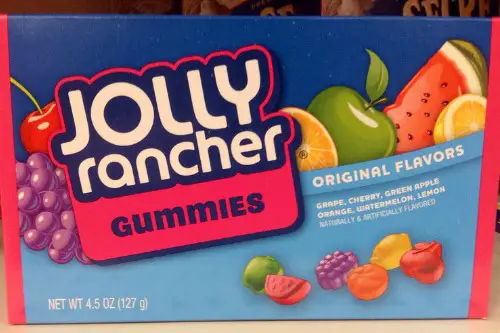
Jolly Ranchers are a nostalgic American candy, but their gummy versions recently sparked international concern. In 2025, the UK banned several Jolly Rancher products after detecting mineral oil hydrocarbons—specifically MOAH and MOSH—linked to DNA damage and long-term cancer risk. While still legal in the U.S., the products were quietly pulled from shelves in the UK without much fanfare. American consumers, meanwhile, remained largely unaware of the controversy.
The issue wasn’t with the flavor, but with the additives and packaging contamination. These compounds can accumulate in body tissue, especially in children and frequent consumers. Despite the health concerns, the U.S. has not issued a recall. It’s a reminder that what’s legal isn’t always safe—and that some warnings don’t cross borders.
2. Satisfries by Burger King
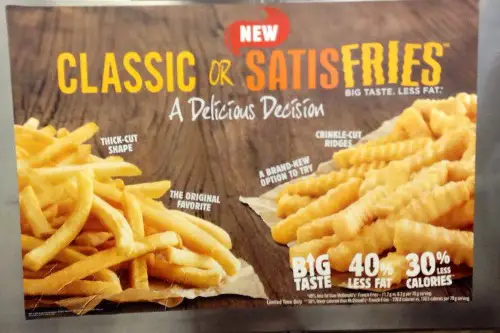
In 2013, Burger King introduced Satisfries—lower-fat, lower-calorie French fries made with a special batter that absorbed less oil. They were marketed as a healthier alternative to regular fries, but customers weren’t convinced. The taste didn’t wow anyone, and they cost more than the original. Within a year, they were pulled from most locations without much explanation.
Burger King never issued a formal recall or press release. The fries just quietly disappeared from menus. It was a rare moment when a fast-food giant admitted defeat—without saying a word. And today, Satisfries are mostly remembered as a well-intentioned flop.
3. Orbitz Drink
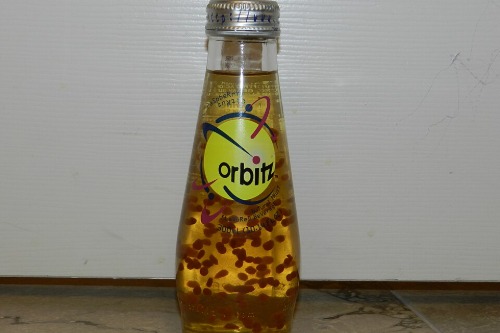
Orbitz was a futuristic-looking beverage released in the ’90s, filled with floating gelatin balls suspended in a clear liquid. It looked like a lava lamp and tasted like confusion. Kids were intrigued, but adults were baffled—and the texture didn’t help. It was more science experiment than refreshment.
Sales tanked, and the drink vanished without much explanation. No major recall, no scandal—just a quiet exit. It’s now a nostalgic oddity for ’90s kids who dared to try it. And it’s a reminder that not all innovation is delicious.
4. McDonald’s Hula Burger

In the 1960s, McDonald’s tried to cater to Catholic customers during Lent with the Hula Burger—a slice of grilled pineapple on a bun with cheese. No meat, no problem… right? Wrong. Customers hated it, and it was quickly overshadowed by the Filet-O-Fish.
The Hula Burger was pulled so fast, most people never even knew it existed. McDonald’s never made a big deal about its failure. It’s now a footnote in fast food history—and a reminder that not every idea is a golden arch.
5. Cheetos Lip Balm
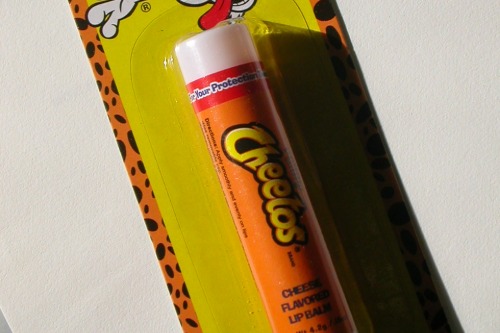
Yes, this was real. In the early 2000s, Cheetos released a lip balm that tasted and smelled like their signature cheese dust. It was meant to be quirky and fun—but most people found it horrifying. The idea of rubbing artificial cheese on your mouth didn’t exactly scream “self-care.”
The product was pulled quietly after a short run. No recall, no scandal—just collective confusion. It’s now a punchline in the world of weird brand extensions. And thankfully, it never made a comeback.
6. Pepsi Blue
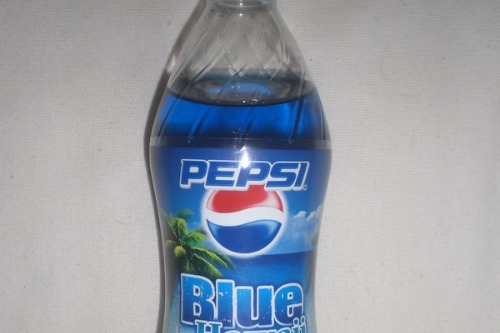
Pepsi Blue launched in 2002 as a berry-flavored, electric-blue soda aimed at younger consumers. It looked like windshield wiper fluid and tasted like cotton candy mixed with regret. While it gained a cult following, many found it too sweet and artificial. It quietly disappeared from shelves within two years.
Pepsi never gave a clear reason for discontinuing it. It briefly returned for nostalgia’s sake, but never stuck around. Today, it’s remembered more for its color than its flavor. And that’s probably for the best.
7. Mercury Thermometers
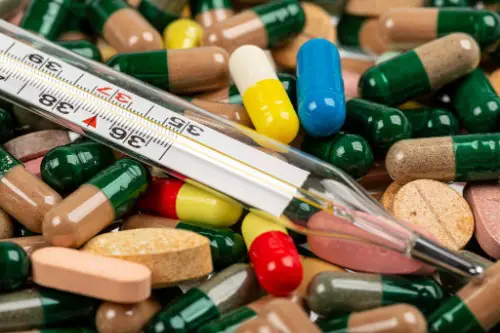
For decades, mercury thermometers were a household staple—accurate, reliable, and widely used in homes and hospitals. But when broken, they released toxic mercury vapor, a potent neurotoxin especially dangerous to children and pregnant women. By the early 2000s, concerns about mercury exposure led to a quiet phase-out. Most stores stopped selling them, and digital thermometers took over.
There was no dramatic recall—just a slow disappearance. Many people didn’t even notice the switch. But behind the scenes, public health officials were working to eliminate a serious hazard. And today, mercury thermometers are more museum piece than medicine cabinet item.
8. Carbon Tetrachloride Cleaners
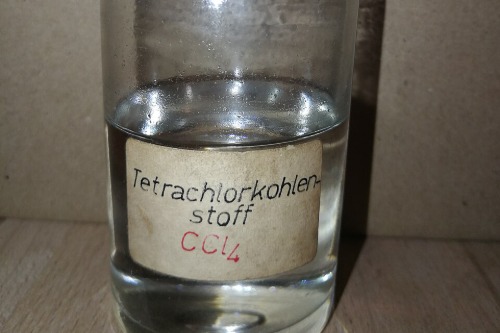
Carbon tetrachloride was once a miracle cleaner—used in everything from spot removers to fire extinguishers. It was prized for its ability to dissolve grease and stains. But over time, scientists discovered it was highly toxic, causing liver and kidney damage and even cancer with prolonged exposure. Despite the risks, it remained in household products well into the 1970s.
Eventually, it was quietly banned or heavily restricted. No big headlines, no dramatic product recall—just a slow vanishing act. Today, most people don’t even know they once used it. But its legacy lives on in stricter chemical safety standards.
This post 8 American Products That Were So Dangerous, They Were Quietly Pulled Without a Word was first published on American Charm.


